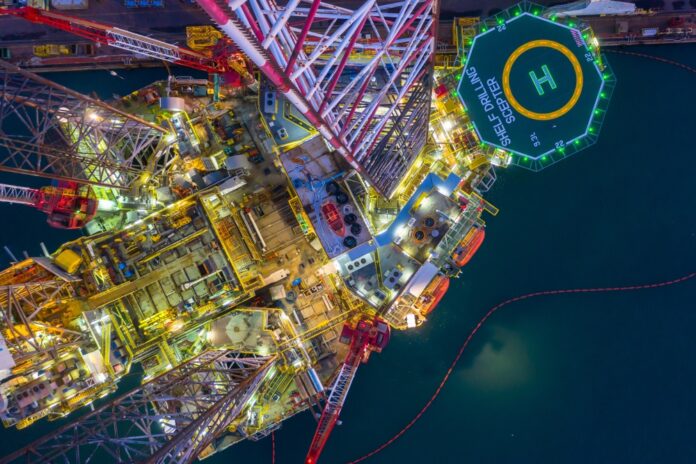The managed service via LEO is intended to improve operational efficiency for remote oil and gas customers, and the safety of their crew
Viasat, a satellite communications firm, announced its Energy Services division has launched a managed communications service for remote oil and gas customers. The division says the service expands the capacity and capabilities of its existing, enterprise-grade connectivity service.
The solution incorporates low Earth orbit (LEO) satellite capacity into Viasat Energy Services’ multi-orbit and terrestrial capacity. It is designed to deliver flexible capabilities that meet energy customers’ needs through a single managed service which is scheduled to go live in Q3 2024.
It is expected to appeal to oil and gas operators, drilling contractors and service companies by powering various applications. They include cloud-based computing and applications to improve operational efficiency, safety, crews’ welfare. Cybersecurity, and of course, AI, are built in, provided by Viasat’s machine learning platform, Intelie.
Lee Ahlstrom, President of Viasat Energy Services, said, “Serving customers exceptionally well is our North Star – no matter the underlying technology to get there. Our energy customers are looking to solve complex challenges and operate more safely, efficiently and sustainably. Our services are designed to make that happen.
“This enhanced hybrid network service offering will allow customers to improve operational efficiency and support their most advanced digital transformation efforts in the future.”
Turbulent times
Overall the parent company is experiencing some turbulence. It completed the acquisition of Inmarsat at the end of May 2023 and beat its sales and earnings forecast for the financial year that that closed at the end of March. Revenues rose 73% on the back of that acquisition but it continues to lose money and its share price plunged in Q4.
Over the last year, its stocks hit a high of $46.33 on 13 June 2023 and a low of $13.80 on 23 May this year. According to Invest Chronicle earlier this month, its market cap stands at $1.86 billion and it has a workforce of 7,500.
Fiscal 2025 is expected to have flat revenues as the multi-year transition phase of assimilating Inmarsat continues.



